|
Of all the Beverly Fishman exhibits (and there have been tons of them) the one I most wish I could have seen is the 2010 installation at David Richard Contemporary when the gallery was still open. The implications of the collected pieces in this corner make it a work that would be interesting to revisit each year and think about the role of the pharmaceutical industry. How has the role of the industry changed? How has it not changed? See the pills/reliefs page on Fishman's site.
0 Comments
John Green's Tribute to Partners in Health Co-Founder Dr. Paul Farmer puts Access in Perspective3/19/2022 We have lost an extraordinary public health advocate and mentor. I recommend this podcast with author John Green to get a sense of Paul Farmer's contribution. His attitude in all circumstances is one we can strive for. I especially appreciate his refusal to give in to despair. The tribut featuring John Green appears on the Please, go on series with James Hohmann from The Washington Post.
Visit Partners in Health. Listen to the podcast here. How lovely is this tea tin? Elizabeth Pfiester, Founder & Executive Director of T1International, a non-profit advocating for access to insulin and supplies for diabetics, is marking her 30-year "diaversary" with a fundraiser. Learn more here. A box of tea costs about $13. A single vial of insulin carries a list price of $300. Want to participate in this March campaign? Take a picture of your cup or box of tea and post it, sharing the cost of tea compared to the cost of a vial of insulin where you live. Hashtags are #Tea1Internatioal #SpillTheTea, and #insulin4all! You can also check out Harney & Sons Master Tea Blenders. That's the famous photo of Best and Banting and one of the dogs that led to the discovery of insulin a century ago.
Access to medicines and access to healthcare is alluded to brilliantly in “US Healthcare,” one of the pieces in Davis's current exhibit Reality Check: The Work of Anna U Davis at IA&A at Hillyer in Washington, D.C. It runs from January 8 to February 27, 2022. This piece is from 2009 (Acrylic, ink pen and cut paper collage on canvas, 32" x 32"). The artist grew up in Lund, Sweden and now lives in the United States. Her multi-media works zero in on social inequalities. Visit annaudavis.com to learn more. IA&A at Hillyer is located at 9 Hillyer Court, NW in Washington, D.C.
The 2022 Illustrated Accordion Exhibit opens at the Kalamazoo Book Arts Center on February 4 and closes on March 25. This annual open show always serves up a fun variety of craftsmanship, concepts and materials. The exhibit is both on-site and virtual. In Kalamazoo, Michigan visit the Center at 326 W. Kalamazoo Avenue or visit the website here. My piece this year is a tiny reminder about the issue of drug pricing in acetate, thread, laser print and currency. "Drug Pricing Transparency - An American Need" is in Gallery 2.
Here's an image worth a thousand words and implications. I first saw this sculpture, "Snake Bit" by Mark Allen Henderson in Valentina Di Liscia's Hyperallergic article "PAIN Activists Say They Were Followed by Sackler-hired Investigators." See the sculpture alone, with no text or context, and it is a reminder of many things the pharmaceutical industry embodies. It's a brilliant little piece that I will resist saying too much about. Who needs words, here?
Visit www.markallenhenderson.com to learn more of the artist's two- and three-dimensional work. Jill Stanton is an artist and muralist living in Edmonton, Alberta. Her piece for Amplifier, "Let's Complete the Puzzle," is a strong, joyful reminder of our interconnectedness and our responsibility for each other. Get the vaccine. Seriously. Get the vaccine.
November is National Diabetes Awareness Month, and congressional jostling to curb drug pricing continues on the edges of the Build Back Better Plan. Fortunately, Medicare's ability to negotiate some prescription drug prices is back on the table again. T1International and Families United for Affordable Insulin (FUFIA) have launched the What We Lost Campaign. Learn more here.
John Cole's cartoon in Scranton, Pennsylvania's The Times-Tribune says it all.
Remember the breathtaking price surge for Mylan’s EpiPen in 2016? This piece, “Price of Life,” reminds us it isn’t easy to break the box for emergencies if you have to pay to do so. Artist Lily Winer has severe allergies and has carried epinephrine auto-injectors as long as she can remember. “EpiPens have saved me more than once,” she says. When prices started to rise she realized “that the medical industry juggernaut does not necessarily care about saving lives, but that saving lives is lucrative. Saving my life, was lucrative.”
I really appreciate this piece, and I look forward to how her practice develops. I hope we will arrive at the point where such responsive artwork is unnecessary because we have access to the essential medicines that are already available. Visit Lily Winer. |
BP&theBAn arts blog advocating for access to essential medicines Archives
March 2024
Categories |
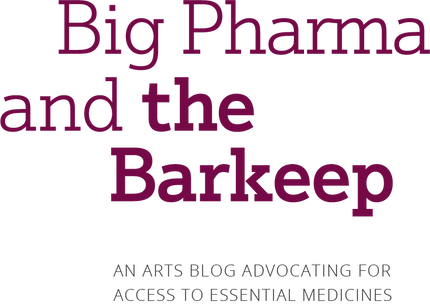
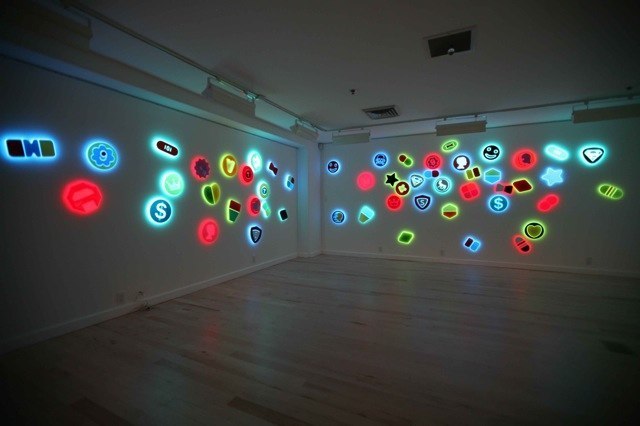
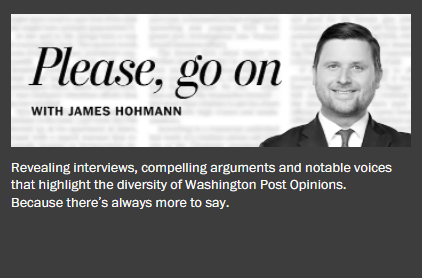
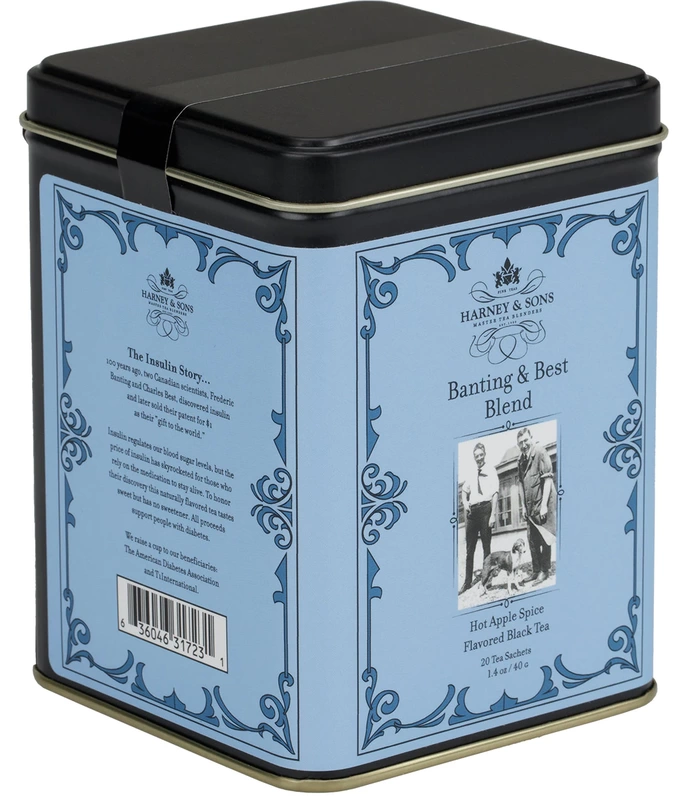
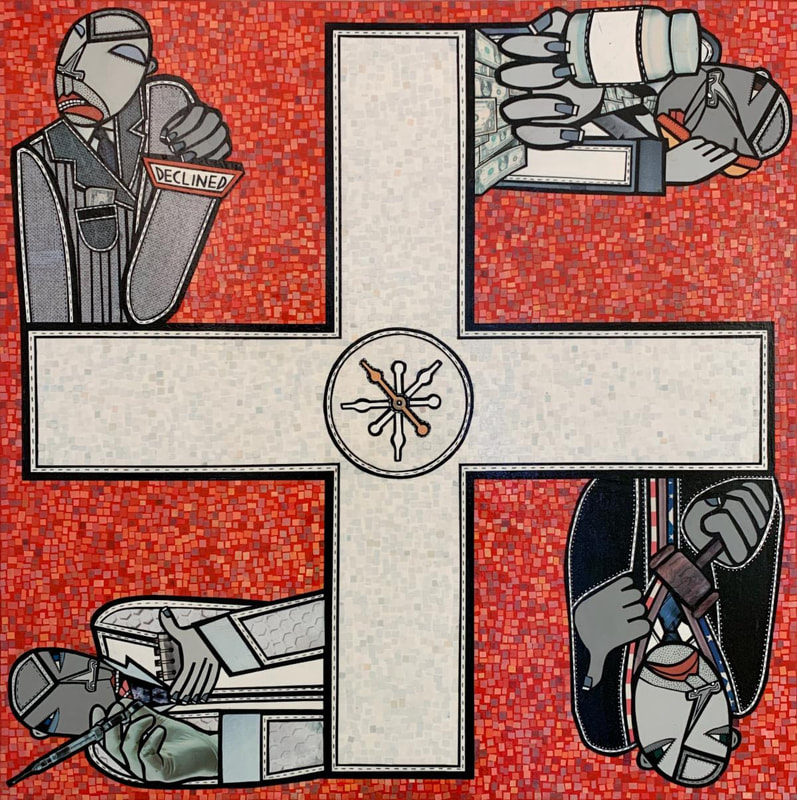
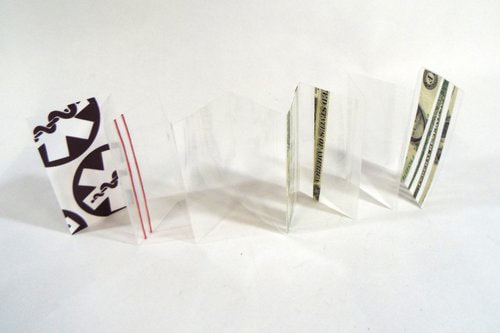

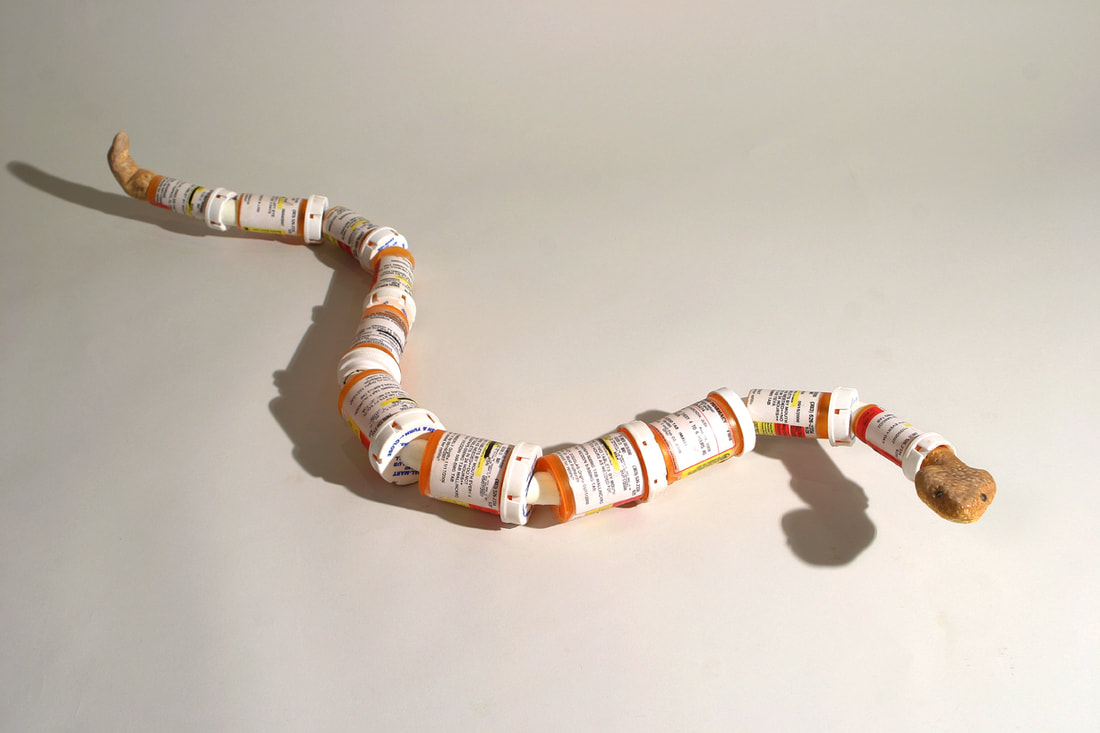
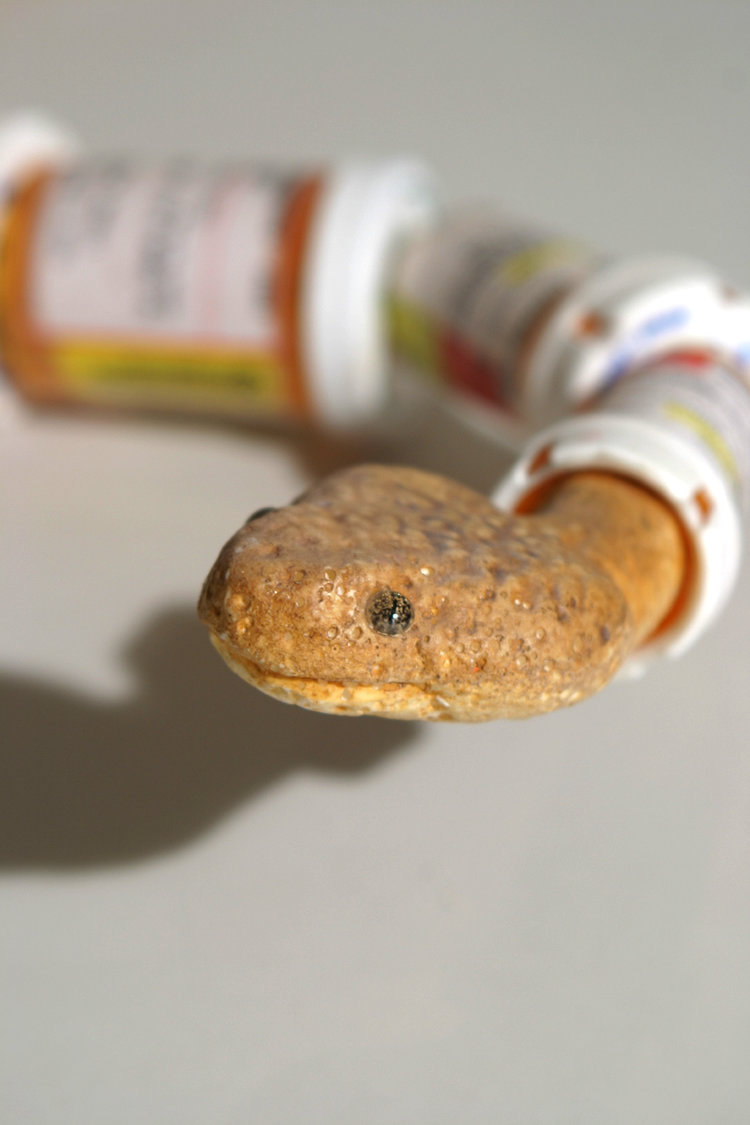
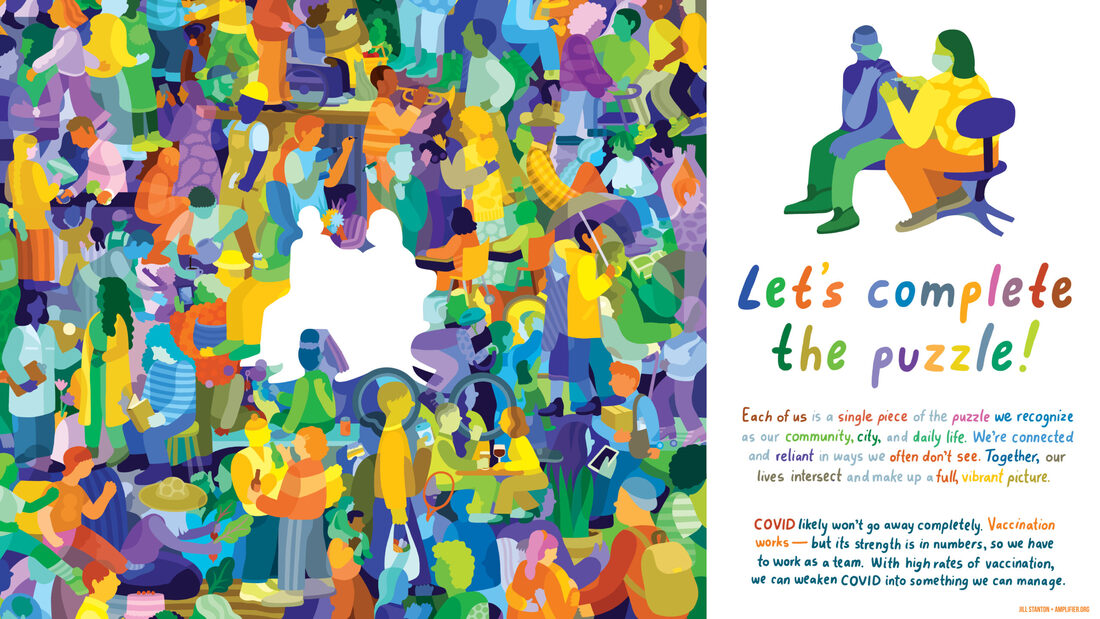

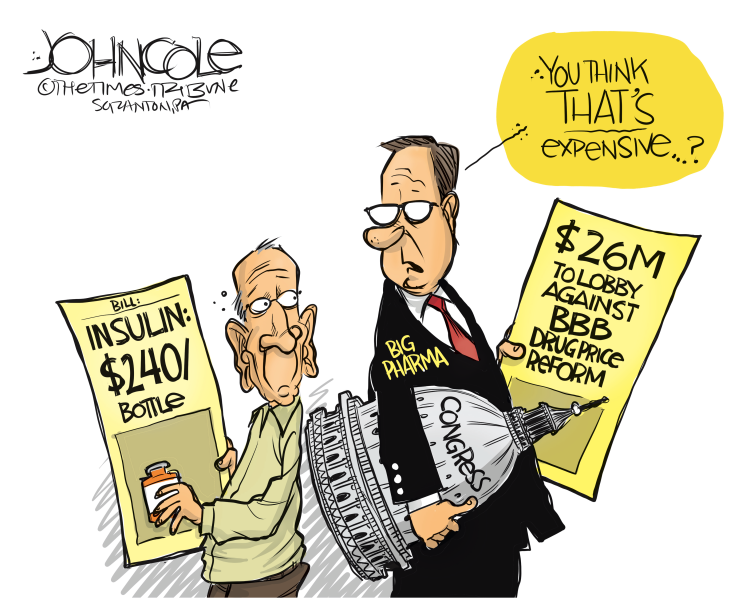
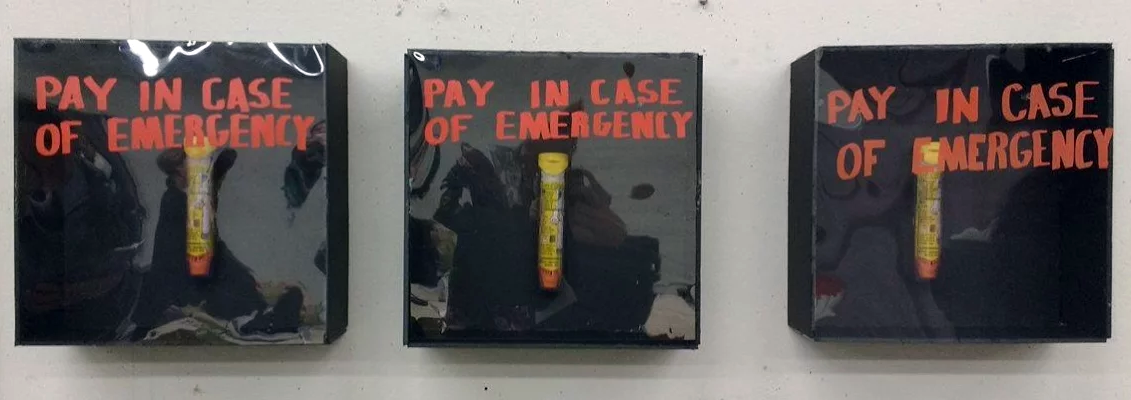
 RSS Feed
RSS Feed